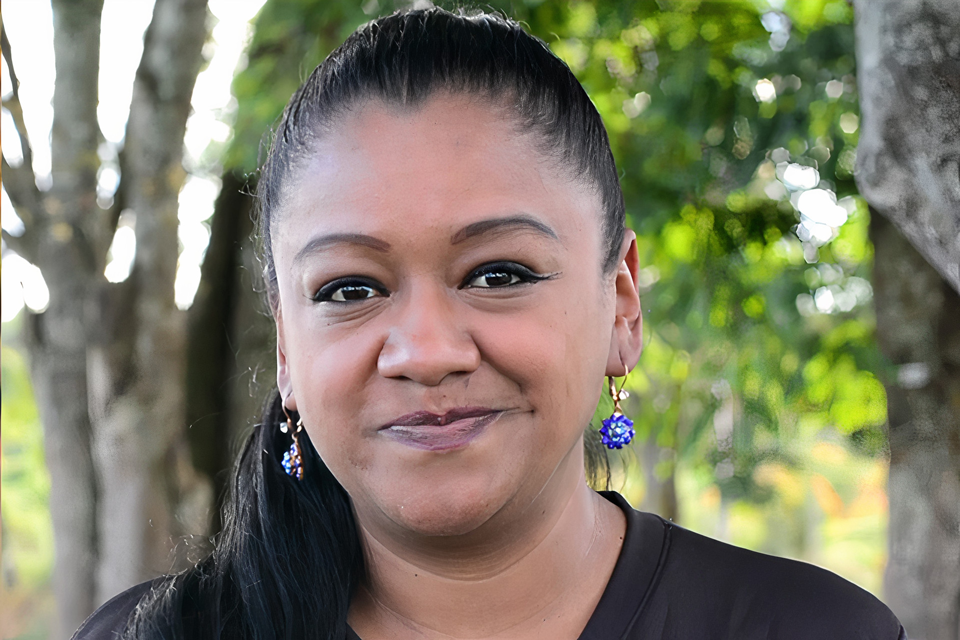From where I stand: "Indigenous women are taking the reins of our communities."
Mayer Sánchez is a member of the Regional Indigenous Council of Cauca (CRIC) in southern Colombia. From there, she has served as mayor, sheriff, council secretary, and alternate governor of her community. She is one of 300 indigenous women who have made progress in consolidating strategies and mechanisms for comprehensive ancestral protection and self-protection within the framework of ProDefensoras, an initiative of UN Women and the Norwegian Embassy, in coordination with the Ombudsman's Office, to protect women human rights defenders. From diploma courses to diagnoses of political participation of indigenous women have been consolidated through this project.
Date:

"Indigenous peoples, especially women, come not only from a process of physical extermination but also a spiritual one. When women begin to empower themselves in organizational processes, spaces open up for political exercises that make it possible for communities to continue to exist and resist. UN Women's work with CRIC in the Women's Programme is focused on the consolidation of the empowerment of indigenous women, which has helped us, since 1993 when it was established, to lay bridges for the women who come after us, considering that it is we, women, who are responsible for the survival of our people. This is where our most important role lies: the protection of the territory.
This support to the Women's Programme has been not only financial, but also political and social, which has enabled us to facilitate many of the processes that are being carried out in favor of the autonomy of indigenous peoples, thanks to the training exercises for women leaders who have undertaken, in one way or another, the defense of human rights.
The progress we have made as indigenous women after this project has been significant. The work of women human rights defenders within the indigenous community was invisible at first. It was impossible to talk about participation, discuss rights, or be recognized as a leader. This was something that very few women could do. Today, thanks to this training, many identify themselves as defenders, which helps to consolidate the territory's defense, recognize ourselves, and open doors for other generations.
We have made great strides in strengthening ourselves, not only as women but in general, as an indigenous community. This is reflected in the fact that some of our colleagues can say today, without any fear: yes, we can, it is possible to advance as women and indigenous peoples, and we have all the capacity to assume decision-making spaces for the good of all of us and of the territory we inhabit.
This is the seed for us to advance in a new social contract that establishes a good community life, inside and outside of our indigenous peoples, where the political and organizational leadership of women is highlighted. Our community will be able to rebuild better if there is unity.
It is important to give fair recognition to indigenous women within their communities, as people with goals and ideals, to know that we can also do things in favor of our communities and our women. We are aware of the challenges that come with being a woman. Carving a place for ourselves within our own community is not easy, even though we have the capacity to do it. When women aspire to be a part of spaces of representation, we are subject to people questioning everything from our family to our marital status.
Indigenous women in Cauca are taking the reins of our community at the zonal, local and regional levels. The world must understand that being indigenous means thinking of ourselves from our differences and that from there, it is possible to build a better reality. Indigenous peoples are an example of dialogue and listening.